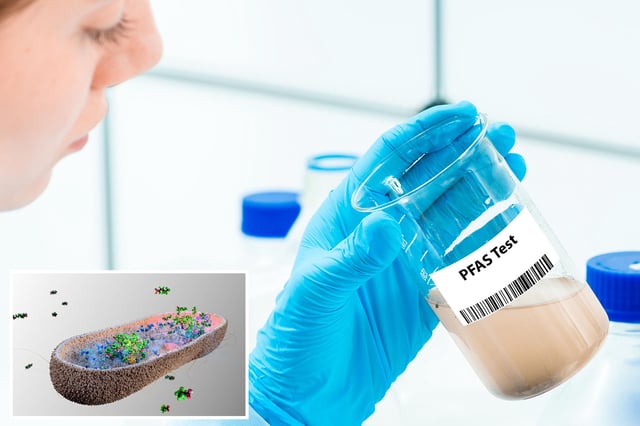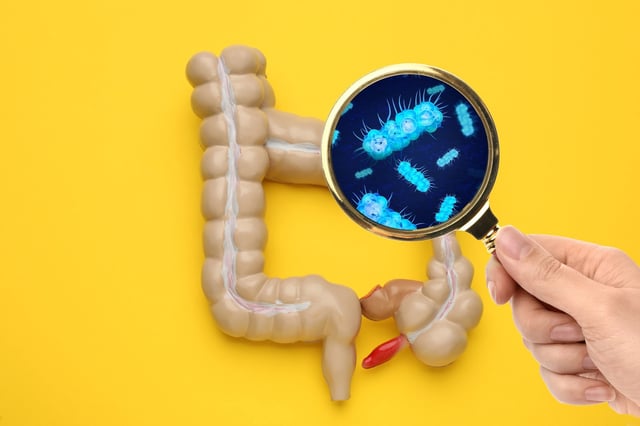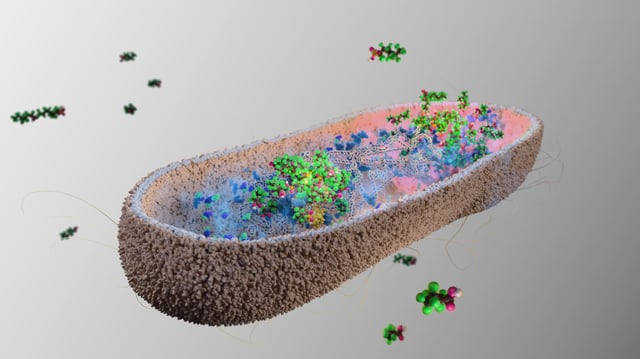Overview
- Certain human gut bacterial species can absorb per- and polyfluoroalkyl substances within their cells across a range of concentrations
- In mice colonized with nine of these strains, the microbes captured 25 to 74 percent of ingested PFAS and eliminated them via fecal excretion
- The study, published in July in Nature Microbiology, offers the first evidence of microbial PFAS bioaccumulation in a living host
- Researchers including Kiran Patil and Anna Lindell have co-founded Cambiotics to translate these findings into targeted probiotic interventions
- Cambiotics intends to begin human testing of these PFAS-sequestering microbes and launch its first probiotic product by 2026



